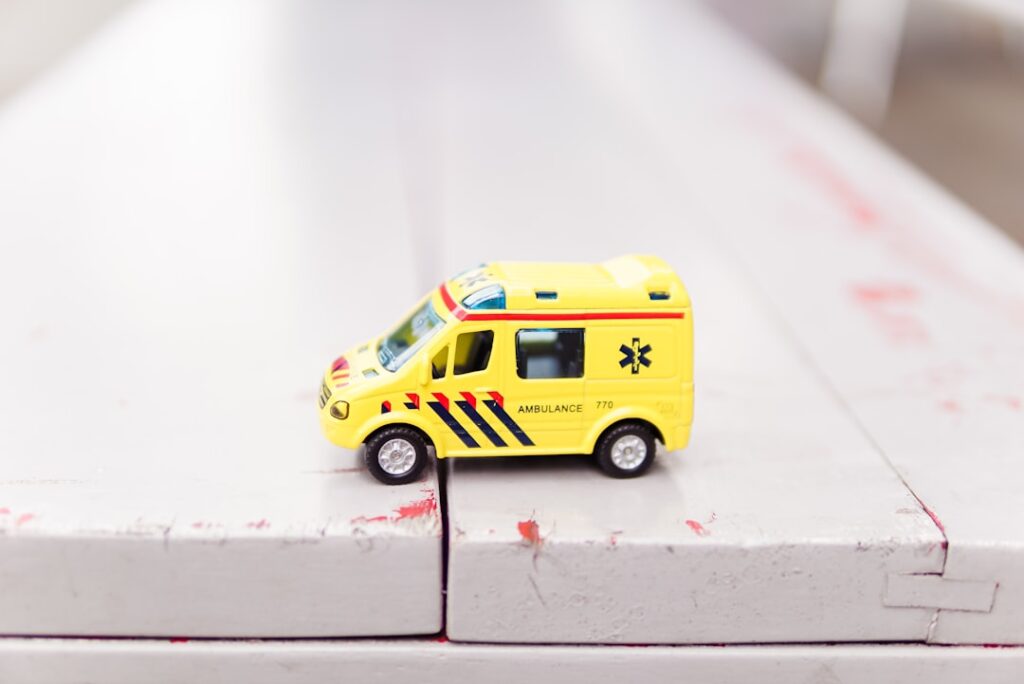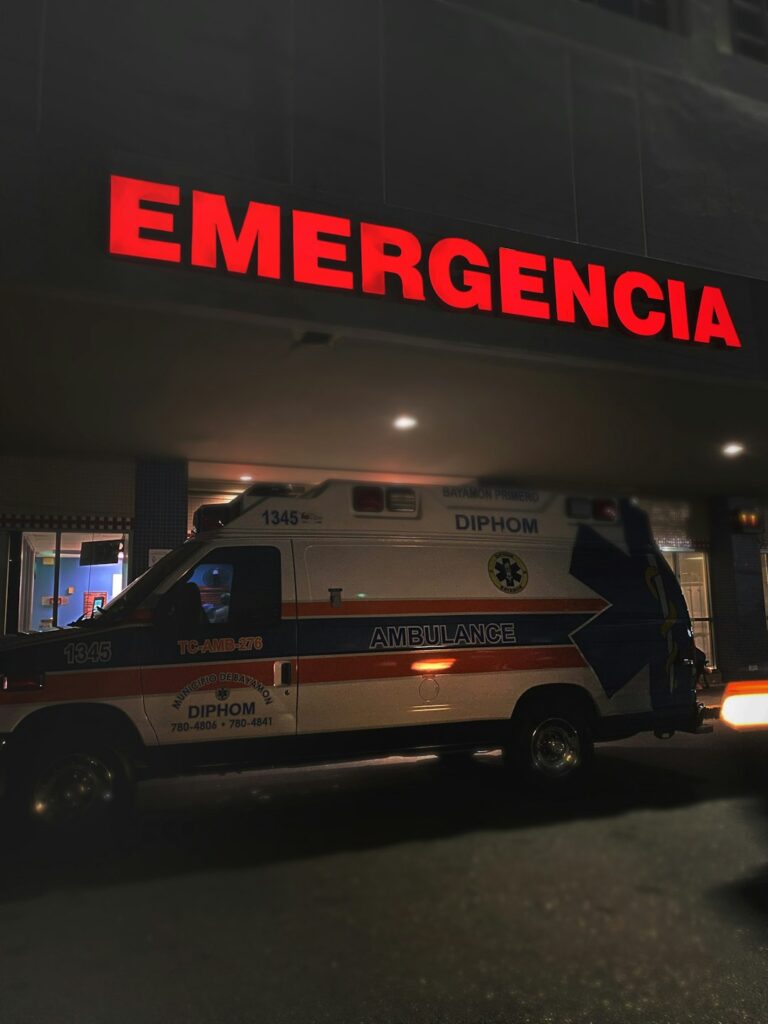A Foreigner’s Complete Guide to Korean Healthcare
When traveling or moving to South Korea, understanding the cultural differences in healthcare can significantly enhance your experience. South Korea boasts a highly efficient and advanced healthcare system, but it’s important to be aware of the unique aspects that may differ from what you’re used to.
The Healthcare System in South Korea

South Korea has one of the best healthcare systems in the world. It is known for its high-quality medical services, advanced technology, and relatively low costs compared to Western countries. The healthcare system is a mix of public and private providers, with the National Health Insurance (NHI) covering a significant portion of medical expenses.
Health Insurance
Understanding health insurance in South Korea is crucial. The NHI is mandatory for all residents, including foreigners living in Korea for more than six months. It covers various medical services such as consultations, treatments, and prescriptions at a fraction of the cost.
Private health insurance is also available and can be used to cover additional services not included in the NHI, such as elective procedures and alternative treatments. Expats often opt for private insurance to ensure they have comprehensive coverage.
Accessing Healthcare Services

In Korea, you can access healthcare services through hospitals, clinics, and pharmacies. Hospitals are generally well-equipped with advanced medical technology and specialists. Clinics are smaller and may focus on specific medical fields such as dermatology, dentistry, or traditional Korean medicine.
Pharmacies are widespread, and pharmacists can provide advice and medication for minor ailments. Prescription medication is only available through doctors, so it’s essential to visit a clinic or hospital if you need prescription drugs.
Cultural Expectations in Healthcare Settings
Respect and Hierarchy
South Korean culture places a strong emphasis on respect and hierarchy, which extends to healthcare settings. Doctors and medical staff are highly respected, and it is customary to address them formally. Bowing is a common gesture of respect, especially when meeting someone for the first time.
When visiting a healthcare facility, it’s important to be polite and patient. Medical professionals may not always explain procedures in detail, as it is assumed that patients trust their expertise. If you have questions or concerns, don’t hesitate to ask for clarification politely.
Communication

Language can be a barrier for foreigners in Korea. While many doctors in urban areas speak English, it is not always guaranteed. Bringing a Korean-speaking friend or using translation apps can help bridge the communication gap.
Additionally, Koreans may use indirect communication styles. They may avoid giving direct answers to avoid causing discomfort or offense. Understanding this cultural nuance can help you navigate conversations with medical professionals more effectively.
Traditional Korean Medicine
Traditional Korean medicine (TKM) is an integral part of the healthcare system. It includes practices such as acupuncture, herbal medicine, and moxibustion. Many Koreans use TKM alongside Western medicine for a holistic approach to health.
As a foreigner, you may find TKM intriguing and beneficial. However, it’s essential to consult with a professional before trying any traditional treatments, especially if you have pre-existing medical conditions or are taking other medications.
Practical Tips for Foreigners

Health Insurance
Ensure you have valid health insurance coverage during your stay in Korea. If you are eligible for the NHI, register as soon as possible to benefit from its coverage. Consider additional private insurance for more comprehensive protection.
Finding a Healthcare Provider
Do some research to find healthcare providers that cater to foreigners. Many hospitals and clinics in major cities have international clinics with English-speaking staff. Online expat communities and forums can also provide valuable recommendations.
Preparing for Appointments
When visiting a healthcare facility, bring all necessary documents, such as your ID, health insurance card, and medical records if applicable. Arrive on time for your appointment, as punctuality is highly valued in Korea.
Understanding Costs
While healthcare costs in Korea are relatively low, it’s essential to understand what is covered by your insurance and what expenses you may need to pay out of pocket. Always ask for a detailed breakdown of costs before undergoing any treatments or procedures.
Lesser-Known Tips for a Smooth Healthcare Experience
Emergency Services

In case of an emergency, dial 119 for an ambulance. Emergency services in Korea are efficient and quick to respond. It’s helpful to learn some basic Korean phrases related to medical emergencies to communicate effectively in urgent situations.
Visiting Pharmacies
Pharmacies in Korea are usually open until late. They offer a wide range of over-the-counter medications for common ailments. However, for prescription medications, you will need to visit a doctor first.
Mental Health Services
Mental health is gaining more attention in Korea, and there are increasing resources available for those seeking help. Many international clinics offer counseling services in English. Don’t hesitate to seek support if you need it.
Conclusion
Navigating the healthcare system in South Korea may seem daunting at first, but with a little preparation and understanding of cultural differences, you can ensure a smooth experience. Respecting local customs, being aware of the healthcare structure, and knowing where to find support are key to making the most of your time in Korea.
By staying informed and respectful, you can enjoy the benefits of one of the world’s most advanced healthcare systems while embracing the rich cultural heritage of South Korea.
Looking for accommodation in Seoul?
Start with Stay Korea
Fill Out the Form Below to Get Started
The more info you share, the better we can match you!































